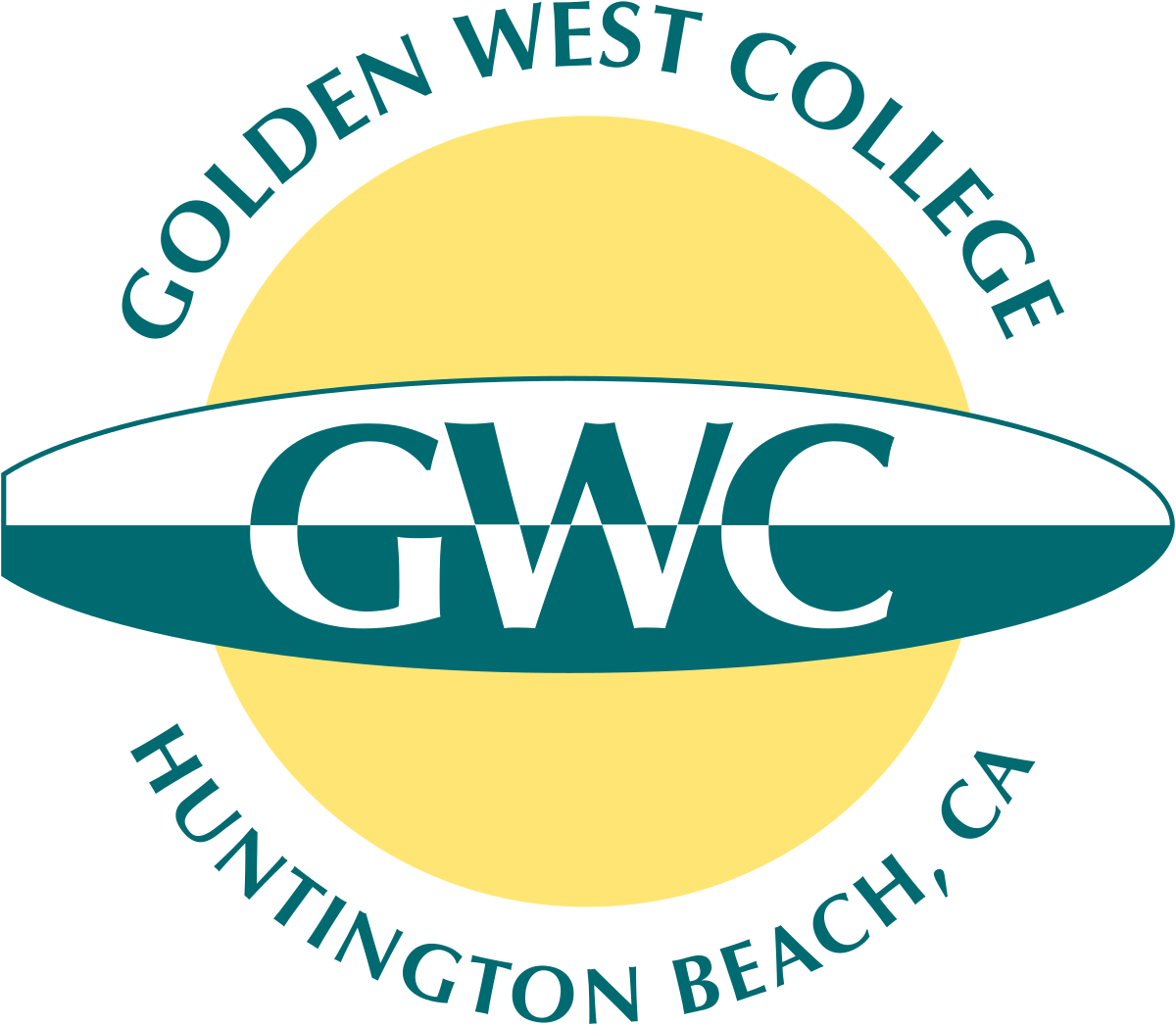GWC launches major solar project to drive green logistics
Hyphen Web Desk

The ambitious project will see the installation of solar power plants at three of GWC's strategic logistics hubs in Qatar, including Logistics Village Qatar, Bu Sulba Warehousing Park, and Al Wukair Logistics Park. These sites will benefit from cutting-edge solar technology designed to provide a renewable and cost-effective energy supply.
Through this initiative, GWC intends to reduce its carbon footprint significantly while enhancing its operational efficiency. By harnessing the power of solar energy, the company aims to meet increasing energy demands while contributing to Qatar’s broader sustainability goals.
Yellow Door Energy, a leading sustainable energy provider across the Middle East and Africa, is the key partner in the project. The firm, known for delivering innovative solar solutions to businesses, will oversee the installation and operation of the solar plants.
"This partnership represents a bold step forward in both GWC’s and Qatar's sustainability journey. The collaboration with Yellow Door Energy allows us to integrate renewable energy into our operations, promoting eco-friendly practices throughout the region," said a spokesperson from GWC.
The development of these solar plants aligns with the wider regional emphasis on sustainability and clean energy. As part of Qatar's Vision 2030, the country has set ambitious targets to reduce carbon emissions and increase reliance on renewable energy sources. This initiative by GWC further supports Qatar's push for a greener economy.
For GWC, the shift towards renewable energy is a logical progression in its long-term strategy. The company, which operates one of the region's most expansive logistics networks, sees the integration of solar power as a crucial element in building a more resilient and sustainable infrastructure.
The three logistics parks that will host the solar plants are strategically located to serve key sectors such as manufacturing, retail, and e-commerce, all of which are seeing rapid growth in the region. The addition of solar energy to these hubs will not only reduce energy costs but also improve GWC's ability to meet the growing demand for green logistics solutions.
Solar power, with its promise of long-term reliability and scalability, is particularly suited to GWC's operations, which require substantial energy resources to manage its extensive fleet and warehouse facilities. By transitioning to renewable energy, the company can ensure greater energy security and contribute to its overall goal of achieving a more sustainable future.
The announcement also highlights the increasing importance of sustainability within the logistics and warehousing industries, which are traditionally energy-intensive sectors. As global environmental concerns rise, businesses across the supply chain are being pushed to rethink their energy consumption patterns and invest in renewable alternatives.
Industry experts note that renewable energy is quickly becoming a competitive advantage, particularly as businesses seek to meet the expectations of eco-conscious consumers and regulatory requirements. As more companies follow GWC's lead, the logistics sector’s transition to sustainable energy solutions is expected to accelerate, setting a benchmark for others to follow.
The impact of this project is expected to ripple across the GCC, where the logistics sector plays a critical role in the regional economy. By adopting solar energy, GWC is not only reducing operational costs but also contributing to the growing shift towards renewable energy within the GCC's energy mix.
GWC’s solar energy initiative is part of the company’s broader commitment to corporate social responsibility and environmental stewardship. The logistics giant has long been at the forefront of incorporating innovative technologies and sustainable practices into its operations, and this project builds upon its existing efforts to reduce its environmental impact.
With the backing of Yellow Door Energy, the project will see the deployment of high-efficiency solar panels and energy storage solutions, which will help ensure a continuous and reliable power supply to GWC's logistics facilities. These solar plants are expected to generate significant energy savings over the coming years, further solidifying GWC's position as a leader in sustainable logistics.
The launch of this solar initiative comes at a time when the Middle East is experiencing rapid growth in renewable energy projects. Many countries in the region, particularly the UAE, Saudi Arabia, and Qatar, have been making significant strides in diversifying their energy sources away from fossil fuels. Solar energy, with its abundant availability in the region, has been identified as a key solution to meeting both current and future energy needs.
Qatar, with its abundant sunlight and strong governmental support for green energy, is poised to become a regional leader in renewable energy development. The GWC initiative is one of many such projects that are set to drive forward the country's commitment to a greener and more sustainable future.
As the logistics and warehousing industries continue to evolve, the integration of renewable energy will play an increasingly vital role in shaping their future. By leveraging solar energy, companies like GWC are not only reducing their carbon footprint but also future-proofing their operations in an ever-changing global landscape.
Labels:
#Syndication
Share:
